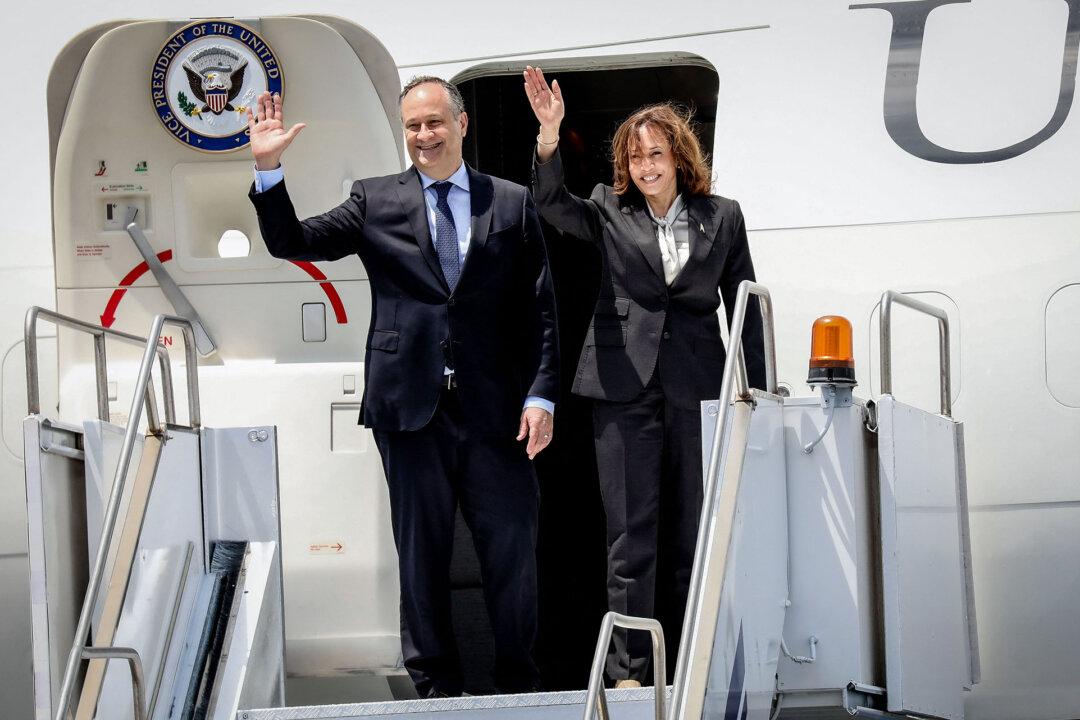JOHANNESBURG—Whether Democratic candidate Vice President Kamala Harris or Republican candidate former President Donald Trump triumphs in the upcoming election, African governments are concerned that the next administration in Washington will scrap a preferential trade program that earned them 9.3 billion tax-free dollars in 2023.
Under the African Growth and Opportunity Act (AGOA), 32 qualifying countries enjoy tariff-free access to U.S. markets for thousands of products, including automobiles, clothing, fresh produce, and textiles.





